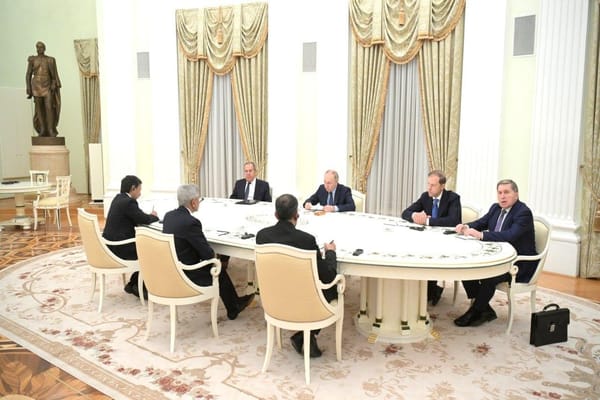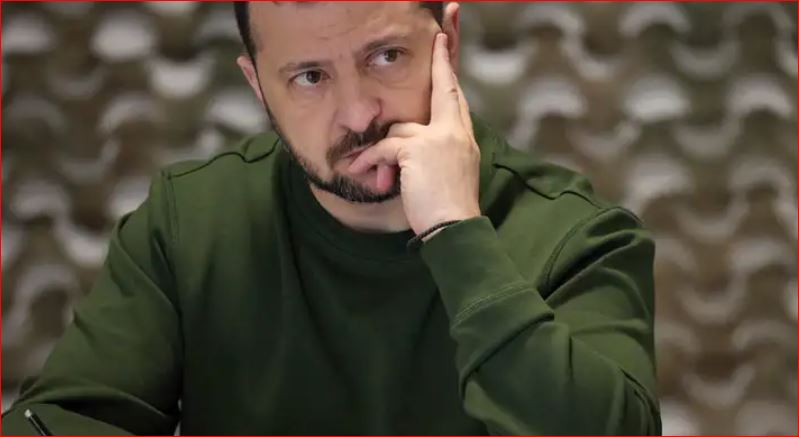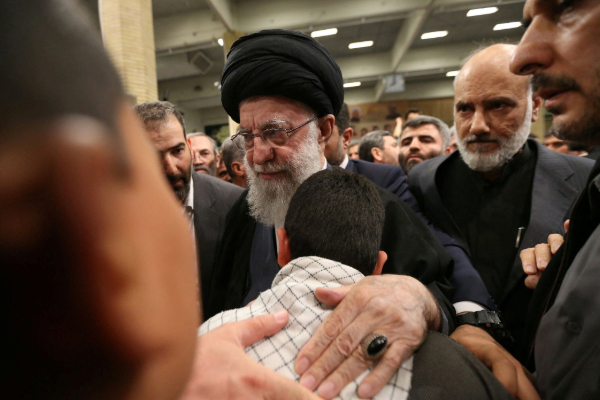NEW DELHI: “Many people in Russia are not familiar with what has changed in India.” That was External Affairs Minister S Jaishankar while addressing the Indian diaspora in St. Petersburg, Russia recently. He had earlier called on President Putin and held talks with his counterpart Sergei Lavrov. The remark may seem odd given the long history of the India-Russia relationship, but it underscores the issues facing the two sides today.
To start with the Ukraine war. India did not support Russia but did not condemn it either, drawing a barrage of criticism from the West. But India stuck to its guns, benefiting from discounted supplies of Russian crude oil and refining it for sale in the West.
Pankaj Saran, former ambassador to Russia and ex-deputy national security adviser, told Stratnews Global in an interview, that India sees no reason to write off Russia or cut ties with it. Delhi believes Russia is the one country that can balance off China in Eurasia. It also has some technologies to offer, such as in civil nuclear power, space even defence that India can benefit from.
The visit of Jaishankar was therefore an opportunity to touch many bases, he notes. To start with of course Ukraine and whether there was any light on the horizon.
“In terms of territorial gains, it seems they (Russians) have fulfilled their objective,” he said, “in terms of the strategic aspect and the cost, these have been heavy for both sides maybe unexpected also, but I don’t see the Russians vacate what they have acquired so this makes peace or return to normalcy somewhat difficult, because in my assessment the breakdown in the relationship between the US and Europe on the one hand, and Russia on the other is very complete.”
Russia, Ukraine and Europe are hurting the most, Saran argued, so what will be the situation on the ground in a war in which the Ukrainians will want the Russians out completely, while the latter will see it as defence of the motherland.
“The next few years will be difficult in terms of the ground situation, lot of bitterness, difficult time particularly for Ukraine but in terms of staying power, Russia will prevail because it is a larger economic and military power and the Russian doctrine was never to fight Ukraine but to fight Nato,” Saran pointed out.
Bilaterally, India’s relationship with Russia remains on sound footing with trade at an all-time high of $50 billion. India’s exports constitute a small percentage of this trade, which is largely made up of oil purchases. But what does Russia do with the thousands of crores of rupees that it is legally barred from taking out of India and seems unable to figure out what it could spend it on. This when it is under Western sanctions and could easily use the rupees to buy goods from India that it cannot buy from the West.
But Russia and Russians it seems, don’t know what India has to offer. It explains Jaishankar advising the diaspora to tell Russians in their business or friends circle about India. The flip side, as the diaspora indicated, is the lack of sufficient flights to and from India.
In the coming weeks, the International North South Transport Corridor will be inaugurated, there’s renewed talk of the Chennai to Valdivostock Shipping Corridor, and FTA with the Eurasian Union. Intriguingly, Lavrov’s reference to “joint production of modern weapons” has left many wondering just what he was talking about.

















